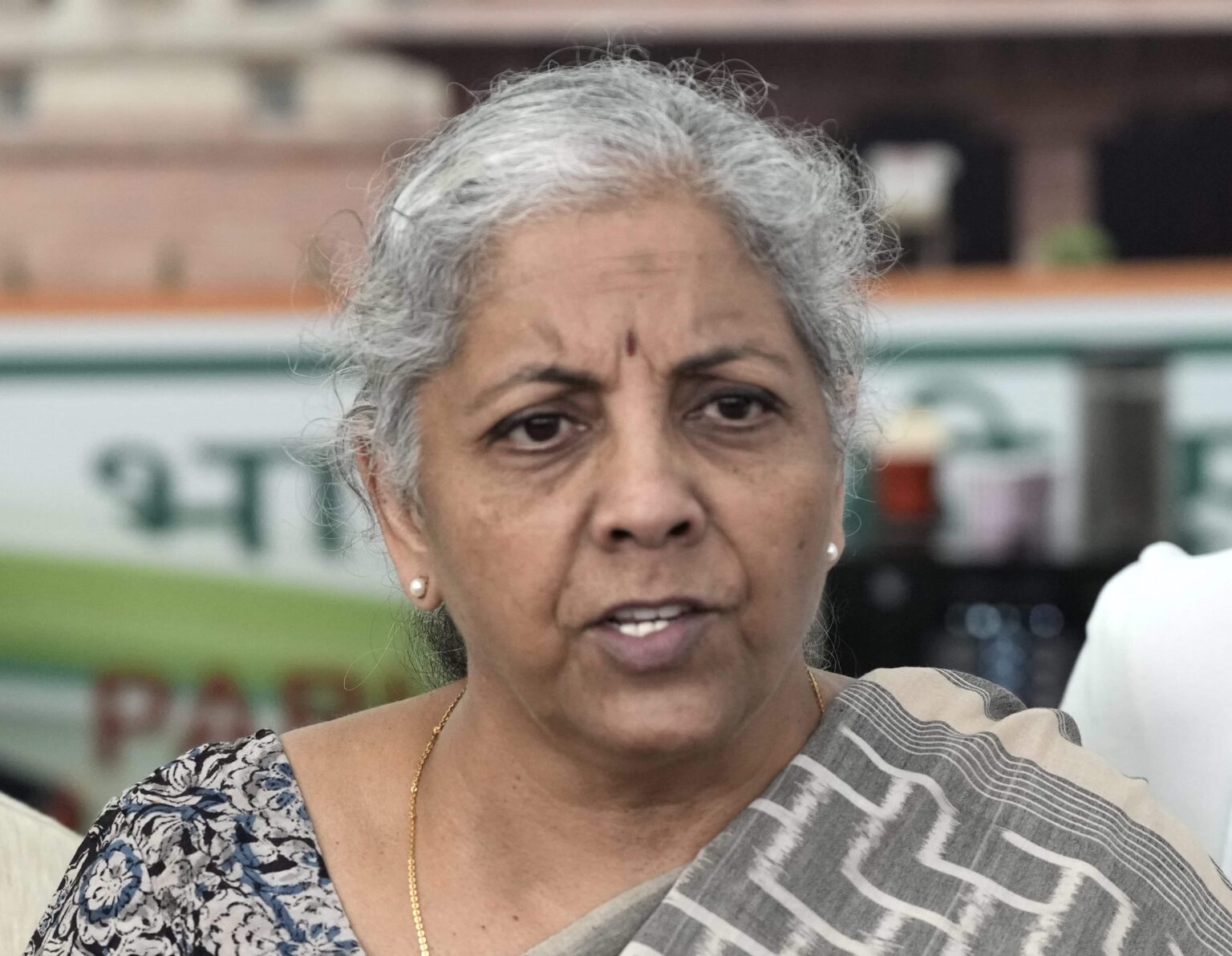Union Finance Minister Nirmala Sitharaman on Wednesday (July 9) criticised non-banking financial companies (NBFCs), urging them to adopt fair lending practices and humane recovery methods. She was addressing industry leaders at the NBFC Conclave 2025. Raising concerns over the increasing number of complaints in the space, she said recovery processes must operate within the bounds of humanity and regulation. The minister also said that NBFC interest rates should be reasonable, and all charges must be clearly and transparently communicated to customers.
The FM underlined the critical role of NBFCs in the country’s journey towards becoming a developed nation by 2047. “They are vital to sectors ranging from agriculture and small businesses to middle-income households,” she said.
“Whether it’s a farmer, a micro-entrepreneur, or a middle-class family, NBFCs serve as essential credit providers,” she noted.
Given global economic uncertainties, Sitharaman stressed the need for NBFCs to strengthen risk management and liquidity oversight. She added that all lending decisions must be based on the borrower’s actual need and repayment capacity.
Long-term vision for the sector
Outlining the government’s roadmap for NBFCs, the Finance Minister presented a series of long-term policy goals, here key highlights of her speech:
- By 2047, NBFC lending should reach at least 50 per cent of total bank lending, up from the current 24 per cent
- 50 per cent of NBFC credit should flow into high-growth sectors like green initiatives, affordable housing, and MSMEs
- 20 per cent of NBFC lending should be done under the co-lending framework with banks
- All NBFCs must adopt digital processes, supported by a common minimum technology standard
- The co-lending model is yielding positive results — this partnership should be institutionalised
- The government will continue to support NBFCs and will prioritise addressing the industry’s concerns
- She noted that many large NBFCs are already complying with bank level governance and compliance norms
She proposed the development of digital co-lending platforms, common onboarding standards, and interoperable systems to improve efficiency and customer experience.
Sitharaman also urged the industry to pass these benefits on to end consumers, especially small borrowers.




